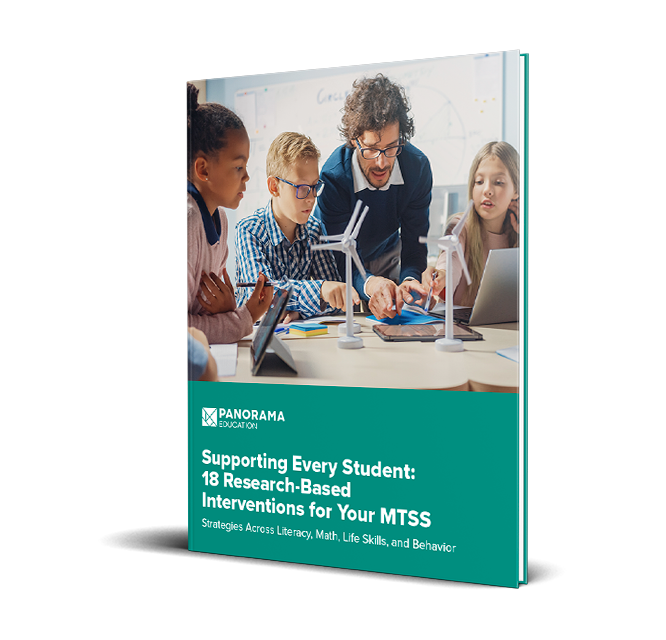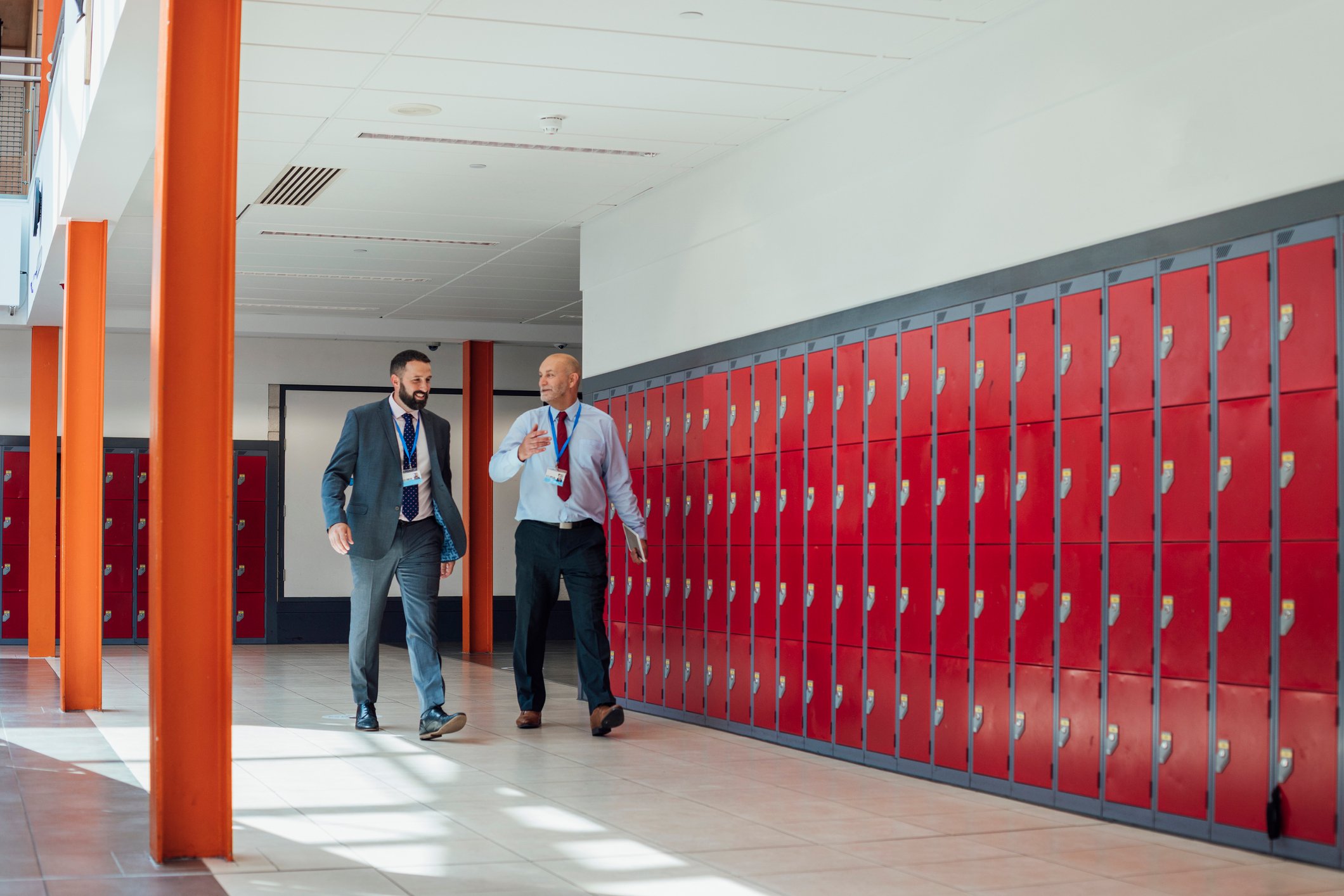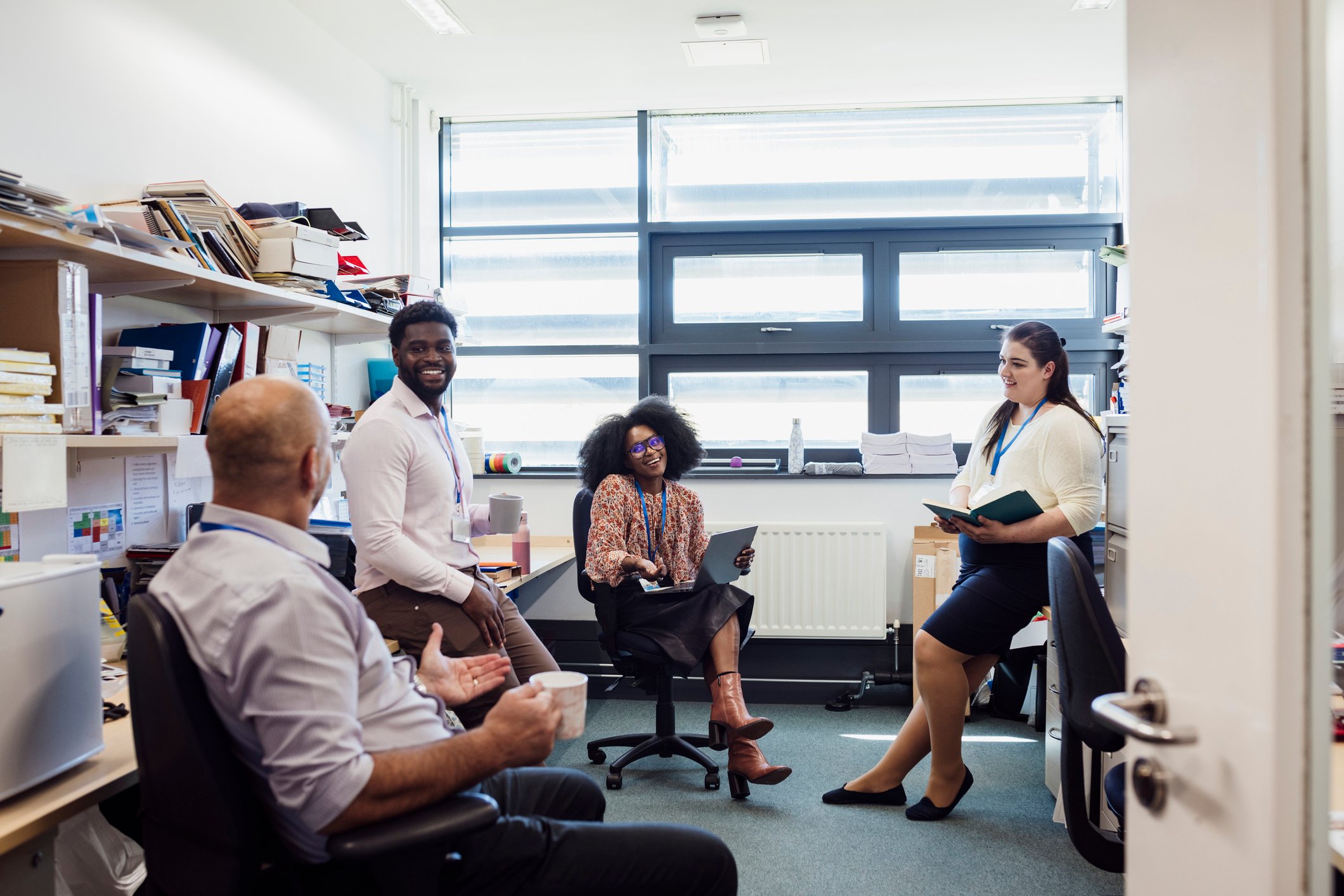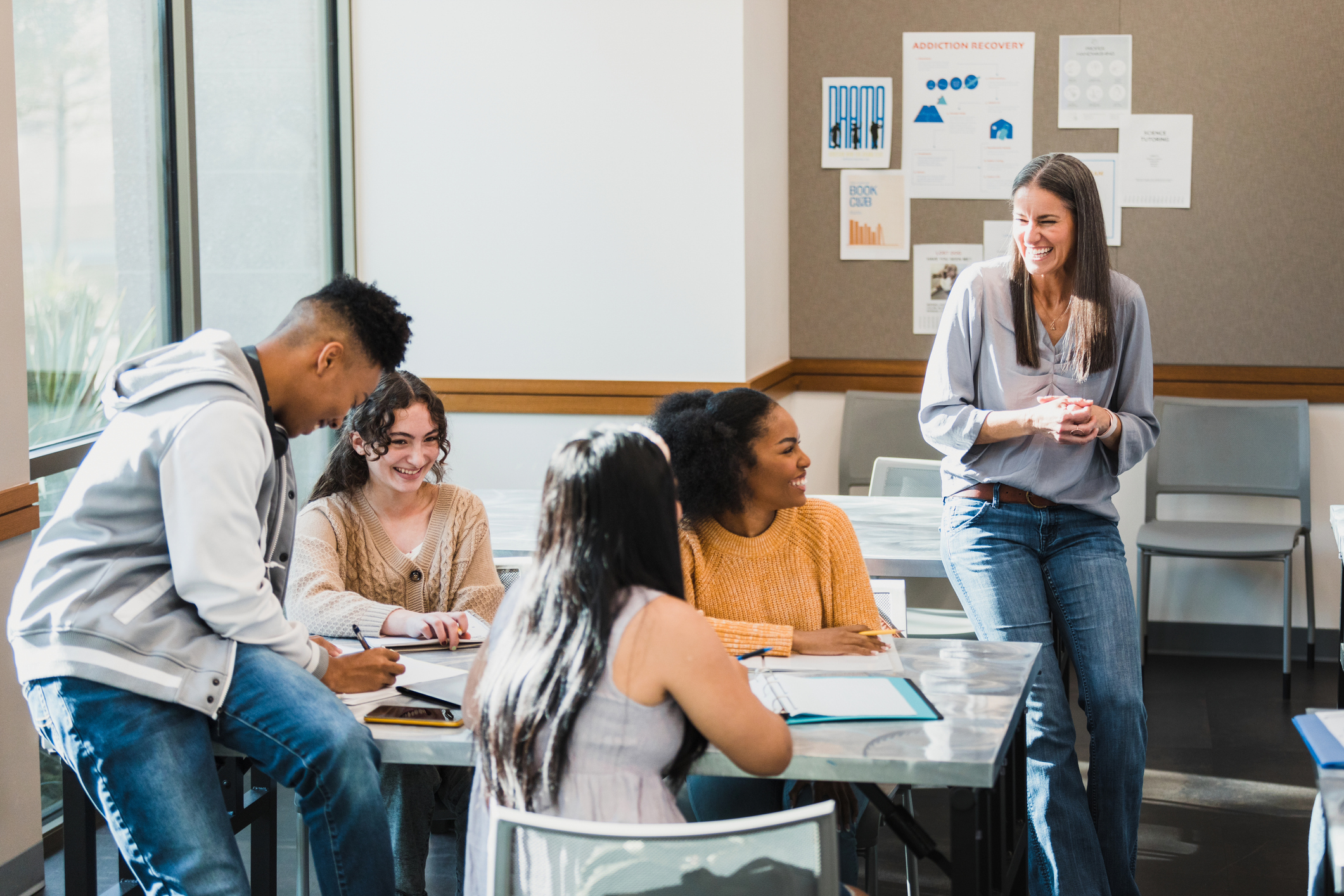

Featured Resource

Panorama Student Survey
Elevate student voice on school climate, teaching and learning, relationships, and belonging.
Download NowPOPULAR POSTS
101 Inclusive Get-to-Know-You Questions for Students [+ PDF Download]
Popular
Your District Needs a Family Engagement Survey + 21 Questions To Ask
Family Engagement
Using Panorama Surveys to Empower Students at Highline Public Schools
Success Stories
17 Questions School Leaders Can Ask to Support Teacher Well-Being
Social-Emotional Learning
Get notified about new resources and articles
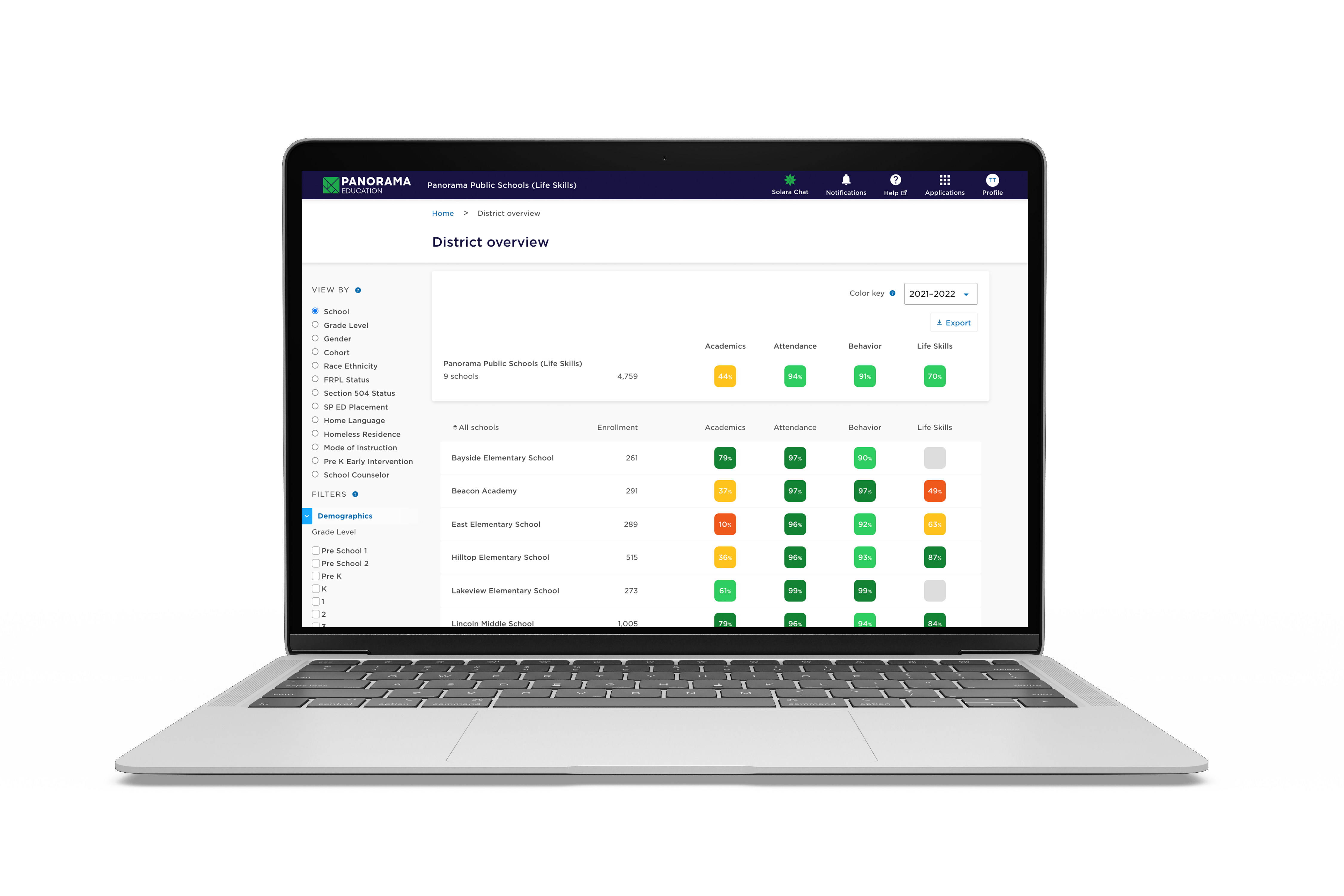
Join 90,000+ education leaders on our weekly newsletter.
Join our community of 90,000+ educators to get the latest news, events, and resources delivered straight to your inbox.
Subscribe
Get the latest news, events, and resources for education leaders.

